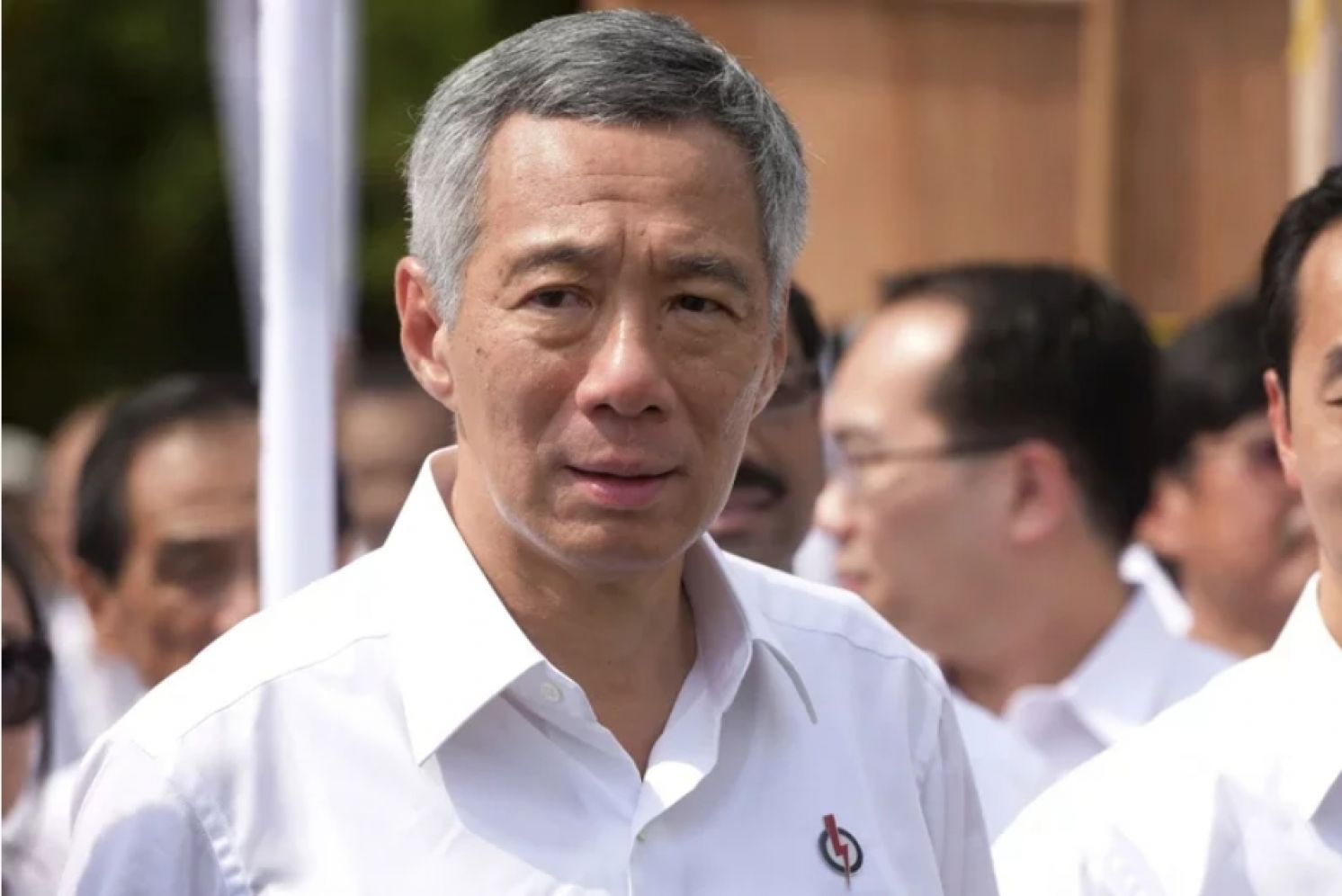
Lee Hsien Loong: Cross-Strait Situation At Risk of Misjudgment
United Daily News, August 5, 2021
When speaking about the situation in the Taiwan Strait on August 3, Prime Minister Lee Hsien Loong of Singapore said that mainland China will not unilaterally take action against Taiwan, but there is a big danger with possible misjudgments or accidents. He believes that there won’t be a conflict in Taiwan "tomorrow," but there is a "mid-term" risk. He also advised the United States not to treat the mainland as an enemy or attempt to form a gang to fight the mainland, because the economic and trade relations between countries and the mainland are now closely tied. It is unlikely that it will be like back then, with the Cold War between the United States and the Soviet Union, and everyone splitting in different camps.
On the evening of August 3, Lee attended the Aspen Security Forum held in the United States via video call, and had conversations with the New Yorker Magazine writer Evan Osnos on topics such as international cooperation and Sino-U.S. relations. He emphasized that for mainland Chinese people, the Taiwan issue is at the center of core interests and the most important national issue, and "Taiwan independence" is viewed as an absolute red line.
Lee expressed that the "1992 Consensus" is a viable method for maintaining relations and cooperation between the two sides of the strait. However, Taiwan has stated that it does not accept the "1992 Consensus.” It is very difficult to formulate alternative options. He said that under such circumstances, Beijing will restrict Taiwan’s international space, but will not take unilateral actions against Taiwan if they aren’t offended, because doing so is very risky, and even if it succeeds, a huge price will come with it.
With the current cross-strait situation, Lee believes that the American stance is very crucial. He pointed out that in the past few years, the United States has significantly increased its interaction with Taiwan, including military aircraft visits, diplomatic visits, etc. But Lee also affirmed that the current U.S. government’s position is "very cautious.”
Lee indicated that the U.S. Secretary of Defense Lloyd Austin made two important remarks on the issue regarding the Taiwan Strait during his visit to Singapore last month. One is that no one wants to see the status quo being unilaterally changed, and the other is that the United States will follow the "Taiwan Relations Act" and the "One China" policy and will support Taiwan in maintaining its self-defense capabilities. He believes that if the United States can “clearly and consistently maintain this cautious position, peace and stability in the Taiwan Strait will be able to be maintained.
When talking about U.S.-China relations, Lee expressed that the two political parties in the United States now have a consensus on U.S.- China relations, "but their stance is on the strong side. I don’t know if this is the right consensus. I don't know whether Americans realize it or not, that if they decide to treat China as an enemy, what a difficult opponent they will be facing.”
Some people in China believe in the theory that the East is rising, while the West is falling. Some even believe that the United States will continue to decline. Lee said: "In this kind of circumstances, I would tell both sides to slow down and think carefully before acting, because this is a very dangerous situation. It is very important for the United States and China to try to negotiate in order to avoid conflicts. Conflicts between the two would be a disaster for the whole entire world."
Lee reiterated that he hopes that the United States will join the "Comprehensive and Progressive Agreement for Trans-Pacific Partnership" (CPTPP) in the future when the time is right because apart from American military presence, countries in the Asia-Pacific also hope to see the United States in regional economic cooperation.
On August 4, Spokeswoman Joanne Ou of the Ministry of Foreign Affairs affirmed Prime Minister Lee’s long-term efforts, and Taiwan's government has always adhered to the position of "peace, reciprocity, democracy, and dialogue” when it comes to the handling of cross-strait relations. However, maintaining peace across the Taiwan Strait is the shared responsibility of both sides of the strait, and Taiwan is willing to jointly implement meaningful cross-strait dialogue on the basis of equality.
Legislator Fei Hung-tai, the whip of the Kuomintang (KMT) caucus of the Legislative Yuan, said that Lee is looking from the perspective of a bystander, and that Taiwan should draw lessons from it. The place most likely for conflict in the world is the Taiwan Strait. The United States and mainland China are fighting for world hegemony, and is dragging Taiwan as a pawn. Taiwan should not choose sides. It is in our best interest to be close to both the United States and mainland China.